Gorbachev's Dilemma No. 2: Fiscal Crisis: The First Driving Force for Reform
【Fiscal Crisis: The First Driving Force for Reform】
When Brezhnev died, the outside world had the strongest perceptual understanding of the Soviet Union in the West-81 military exercise on September 4, 1981, which was also the most unforgettable moment for the majority of "Soviet lovers".
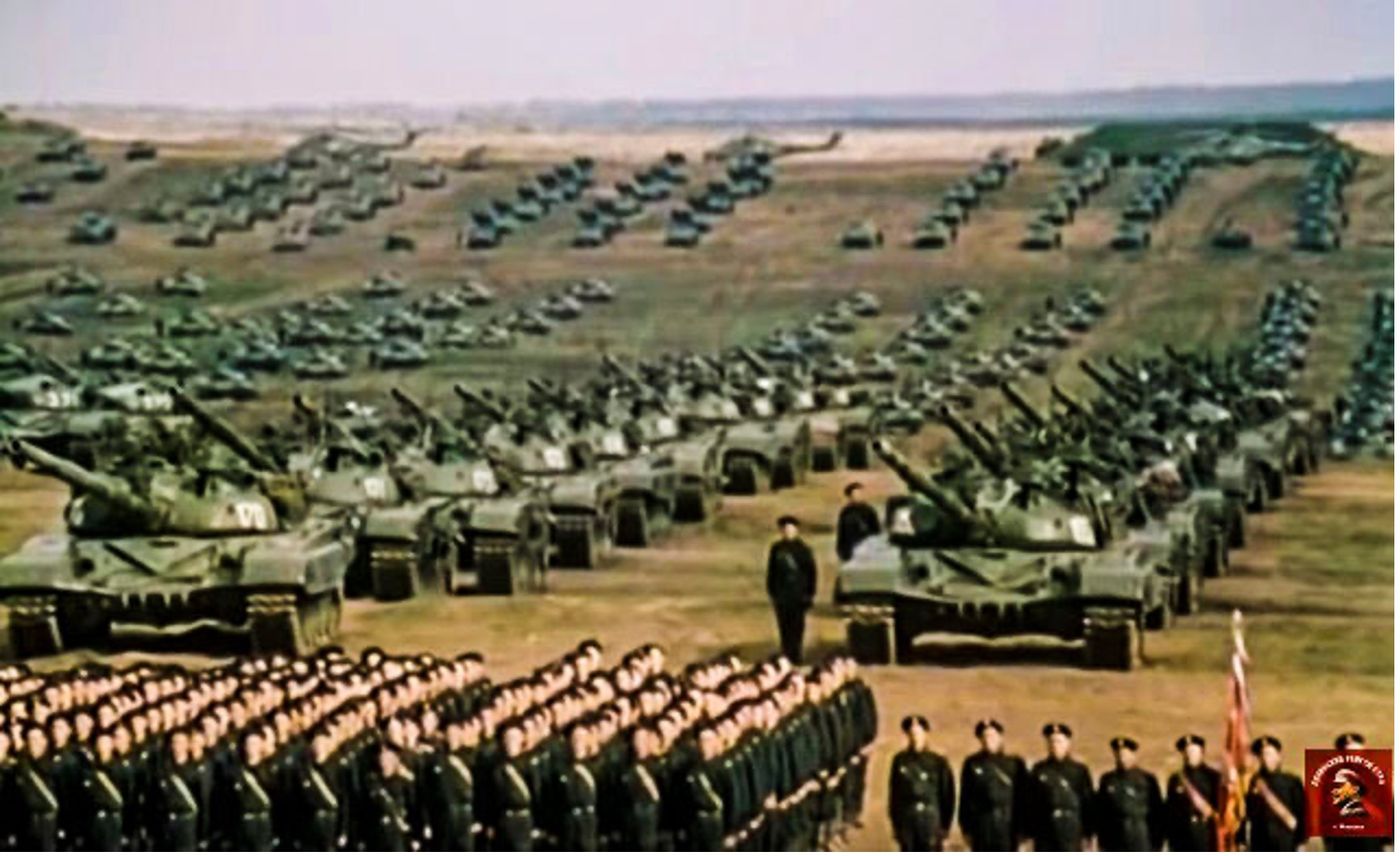
At that time, the scale of conventional weapons and nuclear weapons of the Soviet Union far exceeded that of the United States, and the military expenditure was even 50% higher than that of the United States, which was at the peak of global expansion.
The price of oil was the most important booster for the rise of the Soviet Union during the Brezhnev era.
In October 1973, when the Middle East war broke out, it only took 19 days, and the oil per barrel rose from US$3 to US$13, and it rose nearly 20 times since then. In the Soviet Union, oil production increased ninefold between 1969 and 1980.
From the outbreak of the oil crisis until Gorbachev came to power, the Soviet Union's oil dividend was as high as 270-320 billion US dollars. Kotkin, an authority on the history of the Soviet Union in the United States, believes that without oil, the Soviet Union may have disintegrated 20 years ahead of schedule.
However, the national luck was used up by Brezhnev alone.
When Gorbachev came to power, the oil transaction price had plummeted from $40 in the early 1980s to $10. At the same time, the oil price fell, and the oil wells that contributed to the Soviet Union's wealth began to age, and the cost of oil production rose rapidly.
The Soviet Union left by Brezhnev looked extremely powerful, but the problems of corruption and inefficiency were unprecedented. For his successor, the most urgent threat was actually the sharply worsening financial problems.
In order to compete for world hegemony, the Soviet Union's military expenditure increased from 32.6 billion rubles in 1965 to 155 billion rubles in 1981, accounting for 1/3 of the budget. In order to meet the consumption needs of residents, the subsidy in 1985 exceeded 73 billion rubles, accounting for 18% of the budget. . In the 1970s, in order to cope with food shortages, food imports continued to increase, and it increasingly became a bottomless pit for foreign exchange.
While the fiscal gap continued to widen, Western debt also rose rapidly, from $15.4 billion in 1975 to $25.2 billion in 1980, rising to $38.3 billion when Gorbachev came to power in 1985.
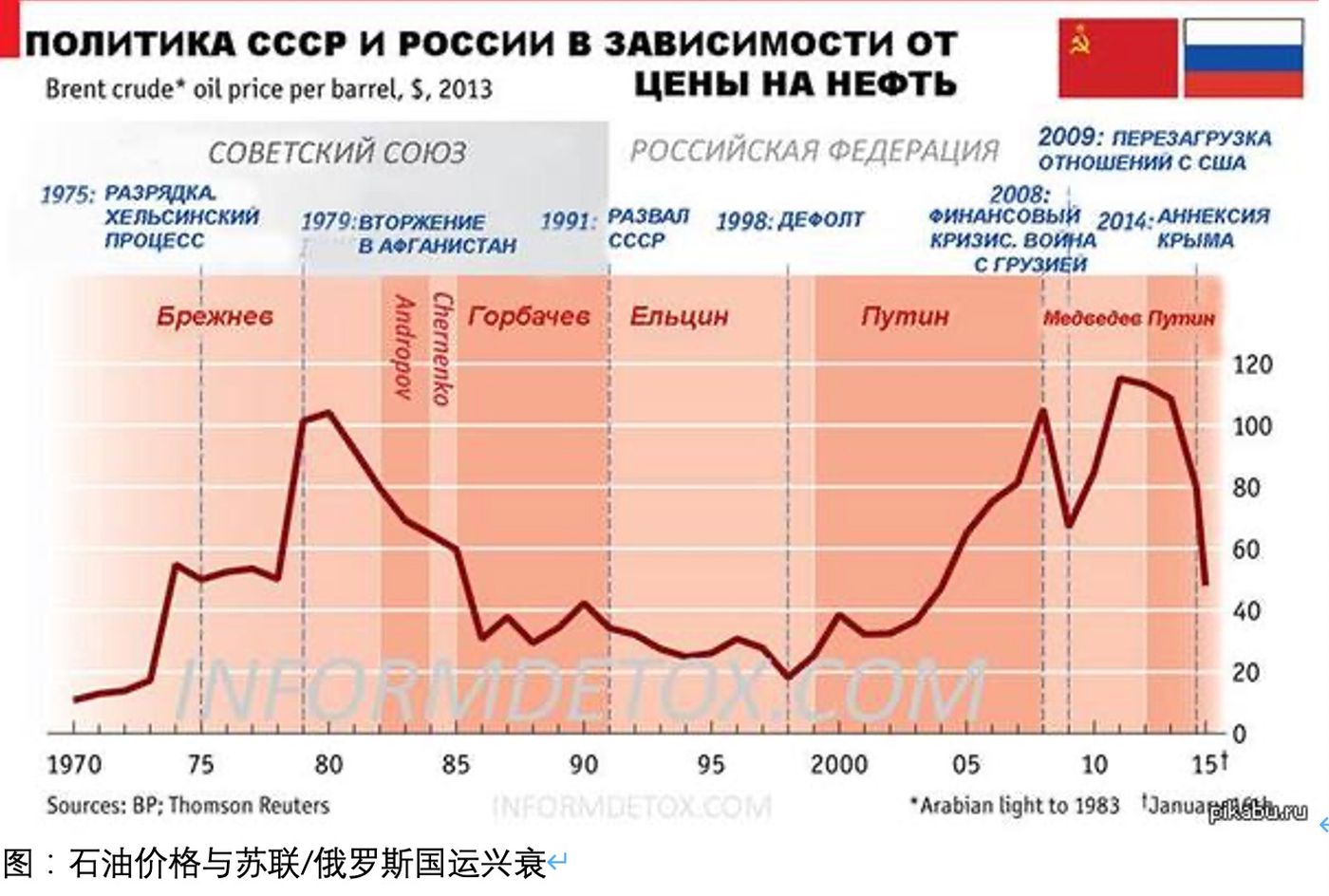
At that time, conservatives and reformers were distinguished by "technocrats" or "economists." The so-called "technicalists" believe that the improvement of productivity depends on investment in technological equipment, represented by Stalin and Brezhnev, while the "economicists" believe that economic incentives are also very important, represented by Khrushchev, Kosygin.
Gorbachev has a slight "economist" inclination, and his local work experience makes it easier for him to see the drawbacks of too much.
However, no matter who comes to power, they are faced with how to solve the looming fiscal problems. Whether they are "technical" or "economical", the options for improving the finances are the same :
Options to cut spending: 1. Cut military spending; 2. Cut aid to friendly countries; 3. Cut residents' welfare; 4. Cut administrative costs; 5. Anti-corruption;
There are only two options for increasing income: 1. Change the management system to release social productivity; 2. Increase consumption tax
Whether the attitude towards the Stalinist system is to be reformed or conservative is largely a financial issue. The internal driving force of the reform is the financial crisis, and its determination to advance is directly proportional to the pressure it faces .
Therefore, Brezhnev's support for Kosygin's continued reforms, to reviving the benefits of the planned economy and strengthening centralized management, and turning "reform" into "perfect" is not because he suddenly fell in love with the Stalinist system, but fell from the sky. "Oil dividend", suddenly loose on hand
Since money is suddenly loose, why bother to reform at the expense of hurting the interests of a large number of comrades?
The bigger temptation is that the finances suddenly become very rich. Who doesn't want to take power up and concentrate resources to do a few big things that can be seen by others, so that they can be recorded in history as a promising ruler ?
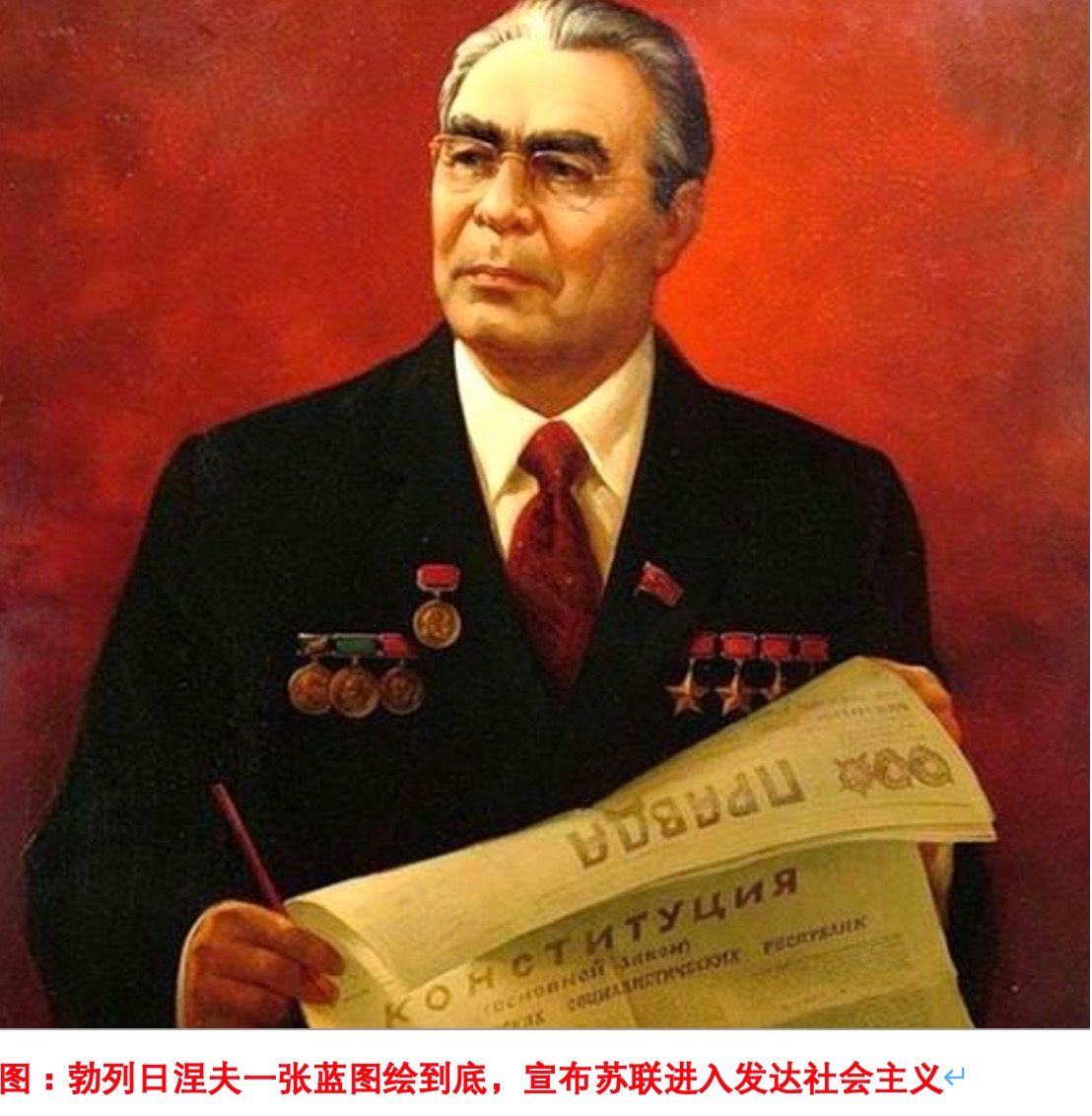
Similarly, when the old system cannot be maintained due to huge financial pressure, whether it is Beria and Andropov, who were former intelligence chiefs, Khrushchev, who was blindly commanding at the cost of life in order to catch up with the progress, or who was once dismissed by "the orthodox theory". Gorbachev, a regimental cadre appreciated by the Red Bishop Suslov, finally prescribed almost the same prescription:
Externally, it eased the relationship with the West, loosened the bonds of allies, and allowed the younger brothers to follow their own unique paths. Internally, it was to reform the Stalinist system and mobilize the enthusiasm for production.
If the resistance to reform is too great, and it is necessary to win popular support and prestige to increase political resources , there are two ways: first, to fight corruption and privileges; second, to vindicate wrongful convictions.
After Gorbachev came to power, he continued Andropov's anti-corruption and anti-privilege campaign, and purged Brezhnev's top "Dnepr gang" members in the name of rejuvenation. In terms of rectification of production discipline, theft, miners, alcoholism, escaping and other behaviors that disrupt production are severely punished by forceful means.
Gorbachev's economic measures are a typical "technical" "acceleration strategy", that is, to catch up with the West by focusing on increasing investment in the fields of machinery, chemicals, and metals, and the "acceleration strategy" has exacerbated the imbalance in the economic structure. .
Gorbachev was really labeled as a "reformist" by the outside world because he took the initiative to resume disarmament negotiations. His first appearance in the West was when he visited Canada as a newcomer to the Politburo in May 1983. His wit and sharpness contrasted sharply with the old and rigid Soviet leader.
Gorbachev could not only debate the Canadian senators and congressmen, but also chat and laugh with Western reporters; when he first entered the negotiating table, he was a cold opponent, and he became an angel of peace in just two years. The West has never seen such a situation. Confused Soviet leader.
From Gorbachev's "new thinking" on international issues and foreign policy views for the first time in 1986 to his speech at the UN General Assembly two years later, the West has always focused on studying Gorbachev's sincerity .
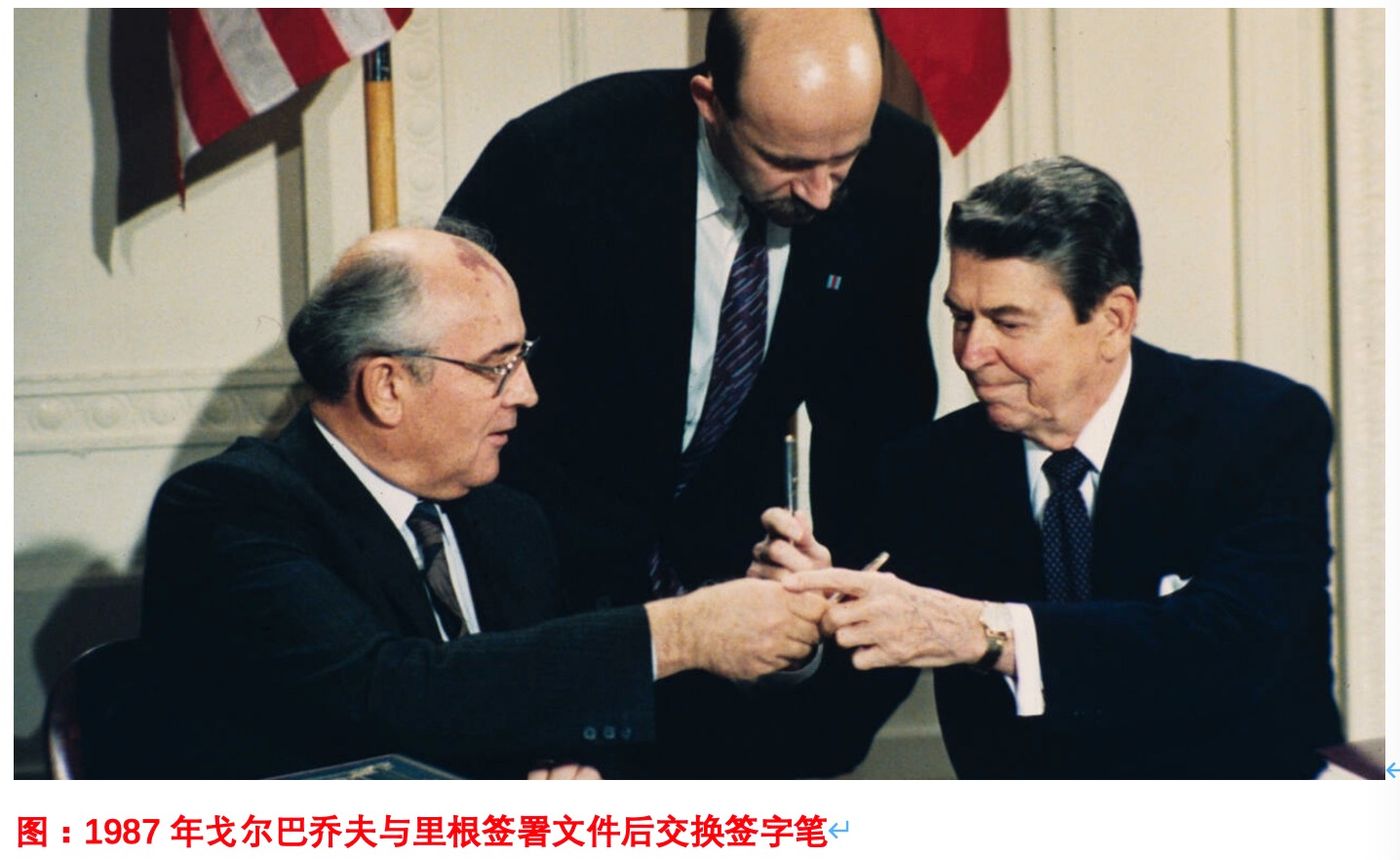
Gorbachev successfully concealed his true motives. Western countries, which had a huge advantage in the cards, did not know that the Soviet Union was on the brink of internal collapse until after the disintegration of the Soviet Union.
After winning the Nobel Peace Prize in 1990, Gorbachev even succeeded in persuading himself that his proactive peace proposal was due to the great idea of the common interests of mankind rather than lack of money.
The new thinking in diplomacy gave Gorbachev great popularity in the West and solidified his position at home. The political price is to offend the military and the military-industrial group with 5-8 million people in related practitioners.
Gorbachev's worst reform was the prohibition of alcohol in May 1985, when he was only two months into power.
Liquor was a national monopoly in the Stalin era, and its contribution to the Soviet Union's finances was equivalent to that of tobacco to China's finances . If planned properly, it could have raised prices and taxes to ease its financial difficulties, but Gorbachev is the successor of Andropov and must complete the unfinished business of his predecessors.
The plan formulated by Ligachev was much stricter than that of Khrushchev in 1958 and Andropov's prohibition on alcohol in 1983. Ryzhkov believed that such a one-size-fits-all administrative approach was unfeasible, but the plan won the prize. Erbachev agreed.
In 1988, the vigorous reform of prohibition quietly came to an end. Although it had many immediate effects, and even really increased the fertility rate in a short period of time, the financial losses of tens of billions of rubles made it go down in history as an even worse reform.
Apart from military spending and foreign aid, the heaviest financial burden is the household consumption subsidy.
Between 1971 and 1985, the circulation of money in the Soviet Union increased by 2.1 times, while the production of consumer goods did not increase. Strict price controls led to a severe shortage of consumer goods, and Soviet citizens who were subsidized did not benefit, and they paid the real price by queuing every day.
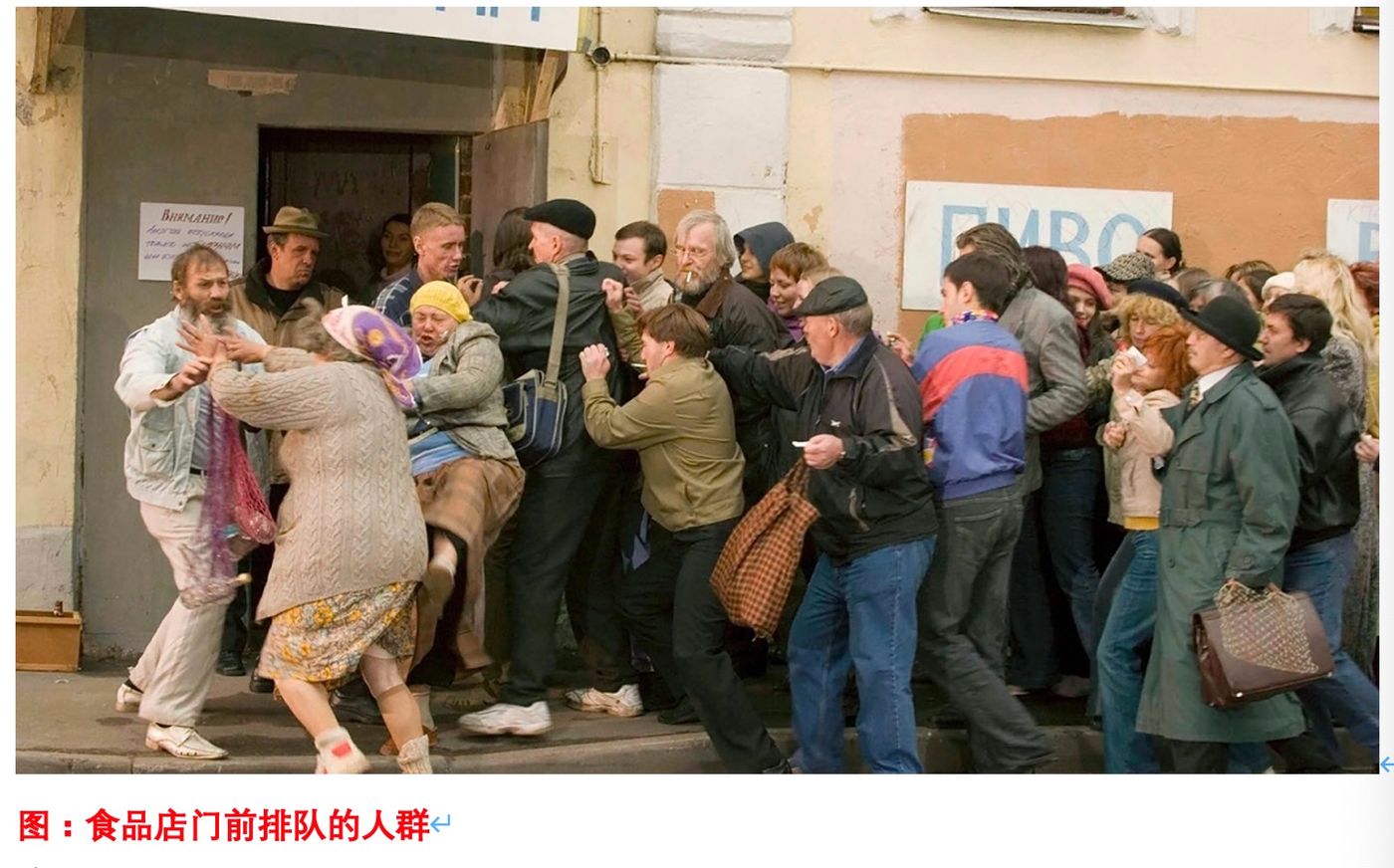
Despite the heavy pressure of subsidies for consumer goods, the Soviet Union did not dare to implement "price breakthroughs" like China did in 1988, revising the distorted price system and reducing financial subsidies.
In the early 1980s, the Soviet Union's invisible inflation was so severe that once price controls were released, it would most likely empty the wallets of urban residents. No one dared to take such a risk.
In May 1962, Khrushchev just raised the price of meat, eggs and milk, and public grievances arose. A general strike broke out in Novocherkassk. was retired.
Khrushchev overturned, and the Soviet leaders learned a lesson from it: in order to prevent urban residents from putting down their chopsticks and scolding their mothers, they could only keep raising the purchase price of food while freezing the retail price, and financial subsidies to buy social stability.
By the time Gorbachev came to power, financial problems had turned into a snowball that had been rolling down the ramp for two decades.
There is an important prerequisite for China to try to break through the price barrier before the Soviet Union: the reform that has just been launched has achieved results in greatly improving the income of residents, and the reformers have gained more full social trust and determination to advance.
Like my work? Don't forget to support and clap, let me know that you are with me on the road of creation. Keep this enthusiasm together!
